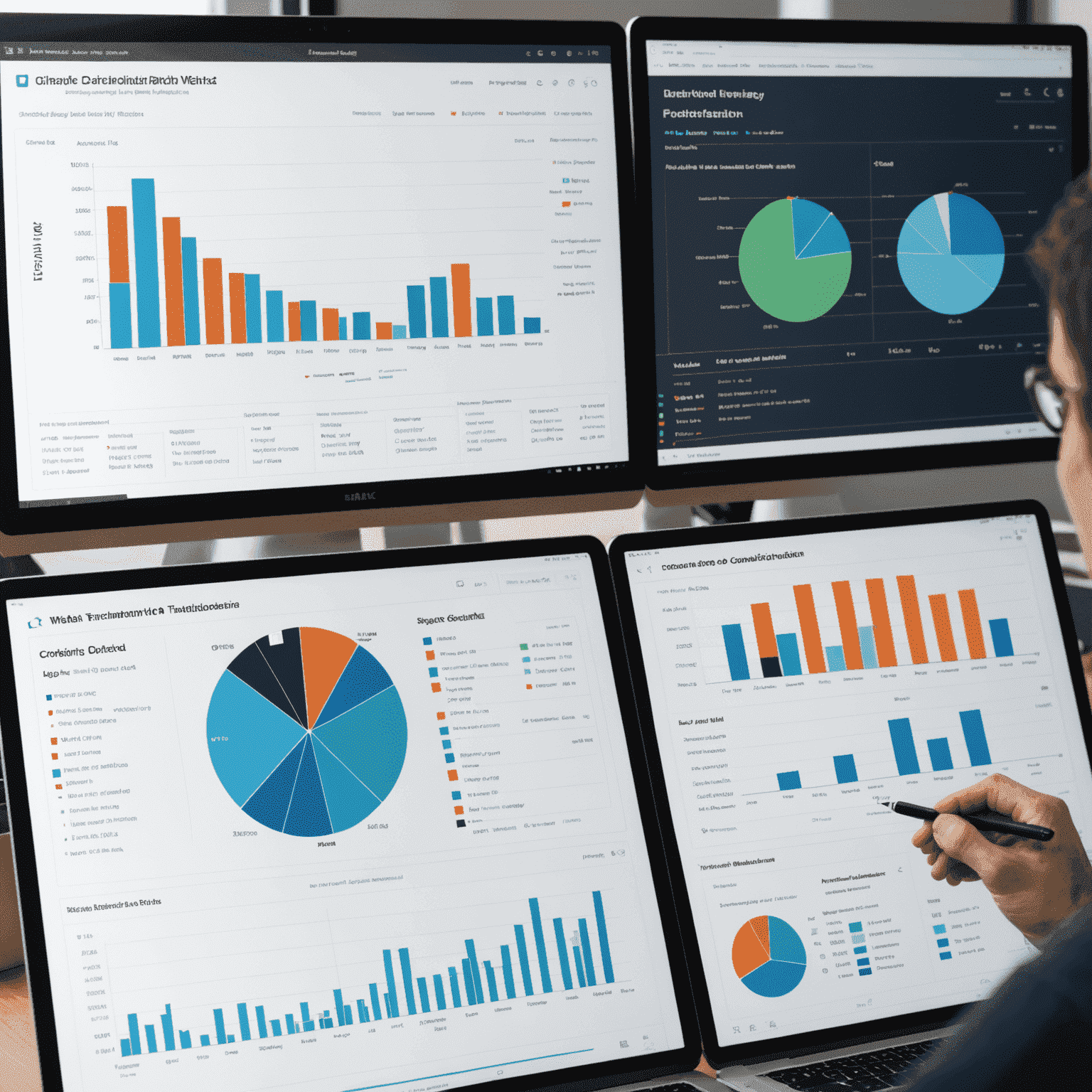Innovations in Artificial Intelligence for Data Analysis

The recent Big Data & Analytics Conference Canada showcased groundbreaking advancements in AI and machine learning, with a particular focus on their application in big data analytics. This report highlights the key innovations presented and their potential impact on the field.
Deep Learning Breakthroughs
One of the most significant developments presented at the conference was a new deep learning architecture that dramatically improves the efficiency of processing large-scale, unstructured data. This innovation allows for real-time analysis of complex datasets, a capability that has been a long-standing challenge in the field of big data analytics.
Natural Language Processing Advancements
Researchers unveiled a cutting-edge natural language processing (NLP) model that can understand and analyze context and nuance in textual data with unprecedented accuracy. This breakthrough has immediate applications in sentiment analysis, customer feedback processing, and automated report generation across various industries.
Predictive Analytics Enhancement
A team of data scientists presented a novel approach to predictive analytics that combines machine learning algorithms with traditional statistical methods. This hybrid model has shown remarkable improvements in forecasting accuracy, particularly in volatile markets and complex business environments.

Automated Feature Engineering
One of the most exciting innovations showcased was an AI-driven system for automated feature engineering. This tool significantly reduces the time and expertise required to prepare data for machine learning models, potentially democratizing access to advanced analytics capabilities for a broader range of organizations.
Ethical AI and Bias Reduction
Addressing growing concerns about AI ethics, several presentations focused on new methodologies for identifying and mitigating bias in machine learning models. These approaches promise to make AI-driven analytics more fair and reliable, a critical factor for widespread adoption in sensitive areas such as healthcare and finance.
Edge Computing for Real-time Analytics
The conference also highlighted advancements in edge computing technologies that enable sophisticated data analysis to be performed closer to the data source. This innovation is particularly relevant for IoT applications, allowing for faster decision-making and reduced data transfer costs.
Conclusion
The innovations presented at the Big Data & Analytics Conference Canada demonstrate the rapid pace of advancement in AI and machine learning for data analysis. These breakthroughs promise to revolutionize how organizations handle, process, and derive insights from big data, paving the way for more intelligent, efficient, and ethical data-driven decision-making across industries.